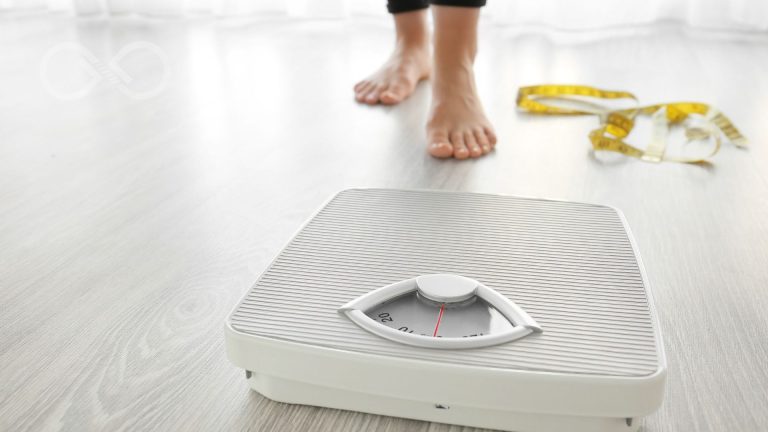When it comes to health and fitness, “what gets measured, gets managed.” Tracking your progress is one of the most effective ways to stay motivated, identify what’s working, and make meaningful changes. Whether it’s through weigh-ins, food logs, or monitoring workout calories, tracking is your roadmap to success. Here’s why it matters and how to make it work for you.
1. See Where You’re Starting
Tracking gives you a clear picture of where you are now. Whether it’s stepping on the scale, logging your meals, or analyzing your workout performance, understanding your starting point helps you set realistic and achievable goals.
2. Stay Accountable
Life is busy, and it’s easy to lose focus. Keeping track of your food intake, workouts, and weight ensures that you’re staying on course. Even small daily logs can make a big difference in maintaining consistency.
3. Identify Patterns
Do you overeat on weekends? Are your workouts more intense on certain days? Tracking helps you spot trends in your behavior so you can adjust accordingly.
4. Celebrate Wins—Big and Small
Progress isn’t always about the scale. Maybe you lifted heavier weights this week or stuck to your meal plan five days in a row. Tracking highlights all the victories, not just the obvious ones, keeping you motivated.
5. Course-Correct When Needed
If something isn’t working, your data will show you why. Eating too many (or too few) calories? Not burning as much during workouts as you thought? Tracking provides the insights you need to pivot and stay on track.
6. Avoid Plateaus
Tracking helps you stay aware of changes in your body or routine. If you hit a plateau, you can look back at your logs to pinpoint what might be holding you back and make adjustments.
7. Build Better Habits
The act of tracking itself reinforces mindfulness. Writing down what you eat, logging your workouts, or checking your weight keeps you engaged and connected to your goals. Over time, this awareness leads to healthier habits.
How to Track Effectively
- Weigh-Ins: Use the scale as a tool, not a judgment. Weigh yourself at the same time each day or week for the most accurate results.
- Food Calories: Apps like MyFitnessPal make calorie tracking easy. Log your meals to understand portion sizes and calorie intake.
- Workout Calories: Fitness trackers or smartwatches can estimate calories burned. Use these numbers as a guide to balance your energy output.
Make It Fun
Tracking doesn’t have to be a chore. Use colorful journals, gamify your progress, or reward yourself when you hit milestones.
Your Action Step This Week
Pick one thing to track—your weight, your meals, or your workouts. Start small, and remember, the goal is progress, not perfection!




